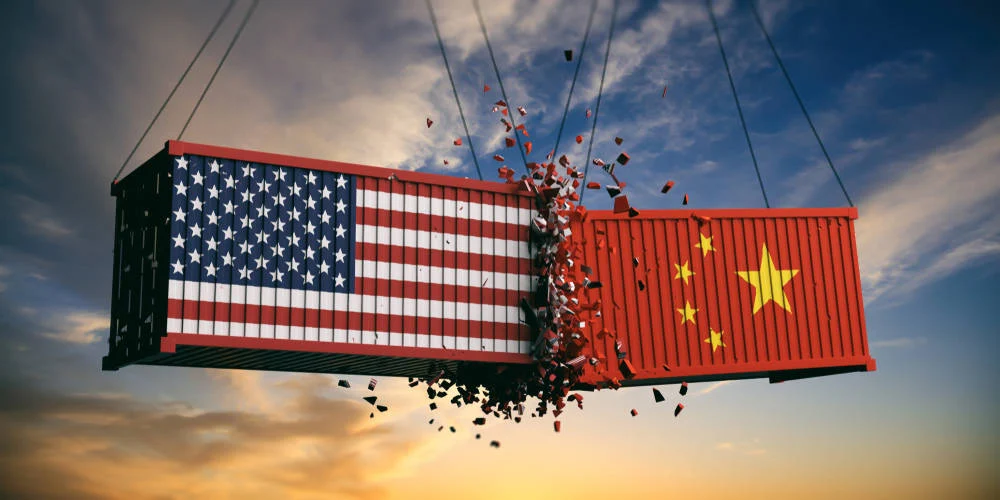The U.S. has a new rule on sending chip equipment from other countries to China that will exempt some allies**
Next month, the Biden administration will make a new rule that will try to stop the export of tools used to make semiconductors to Chinese chipmakers. This rule, which builds on the Foreign Direct Product rule, is meant to keep advanced technology from getting to Chinese companies that are at the heart of the country’s chip-making efforts. Key U.S.
allies, like Japan, the Netherlands, and South Korea, are exempt from the rule, which means they can continue sending China important tools for making chips.
This change is part of a larger U.S. plan to make it harder for China to get advanced semiconductor technologies, which are important for both business and defense uses. By going after certain Chinese semiconductor factories, the U.S. wants to stop China from making progress on its own cutting-edge chips, which are needed for many technologies, such as AI, 5G, and advanced computers.

ASML and Tokyo Electron shares surge as U.S. announces exemptions in new semiconductor export restrictions.”
There are important exceptions for Japan, the Netherlands, and South Korea because they are home to big chip equipment makers like ASML Holding N.V. and Tokyo Electron Limited. The Netherlands-based ASML is one of the biggest companies that makes photolithography tools, which are needed to make advanced chips. Another big name in semiconductor equipment is Tokyo Electron, which is based in Japan and makes tools for etching and putting materials on silicon wafers.
When investors heard about the waivers, shares in both ASML and Tokyo Electron went through the roof. This shows that investors are confident that these companies will not have major problems running their businesses. The exemptions show that the U.S. government is thinking strategically about how to balance its goals of stopping China from making technology progress with the need to keep strong economic and technological ties with key allies.
The new rule will mostly affect six Chinese semiconductor factories that are very important to China’s efforts to make its own high-tech chips. The U.S. wants to slow China’s progress in semiconductor technology by making it harder for them to get important tools from some countries. It is also thought that this move is in line with U.S. strategy, which is to protect national security by stopping the flow of sensitive technology to possible enemies.
The Foreign Direct Product rule, which this new measure comes under, is one of the most important tools the U.S. government has used to control exports. It lets the U.S. control goods made in other countries that use U.S. technology or are made with U.S. tools. The rule has been used in the past to stop Huawei from getting advanced chips and technology, which had a big effect on how the Chinese telecom giant did business.
New U.S. rule targets China’s advanced chipmaking but spares major allies, safeguarding global tech supply chains.
This new rule emphasizes the geopolitical aspects of the semiconductor industry, which has become a key battleground in the larger competition for technological power as the tech rivalry between the U.S. and China heats up. As the U.S. tries to build a coalition to fight China’s growing technological ambitions, the exemptions given to U.S. allies show how complicated the relationship between economic interests and strategic alliances can be.
In short, the new rule that the U.S. will soon be putting in place on chip equipment exports to China is a big step toward making it harder for China to get advanced technology. While the U.S. is going after Chinese semiconductor factories, the fact that key partners are exempt shows how careful the U.S. has to be with its economic and foreign policy decisions.